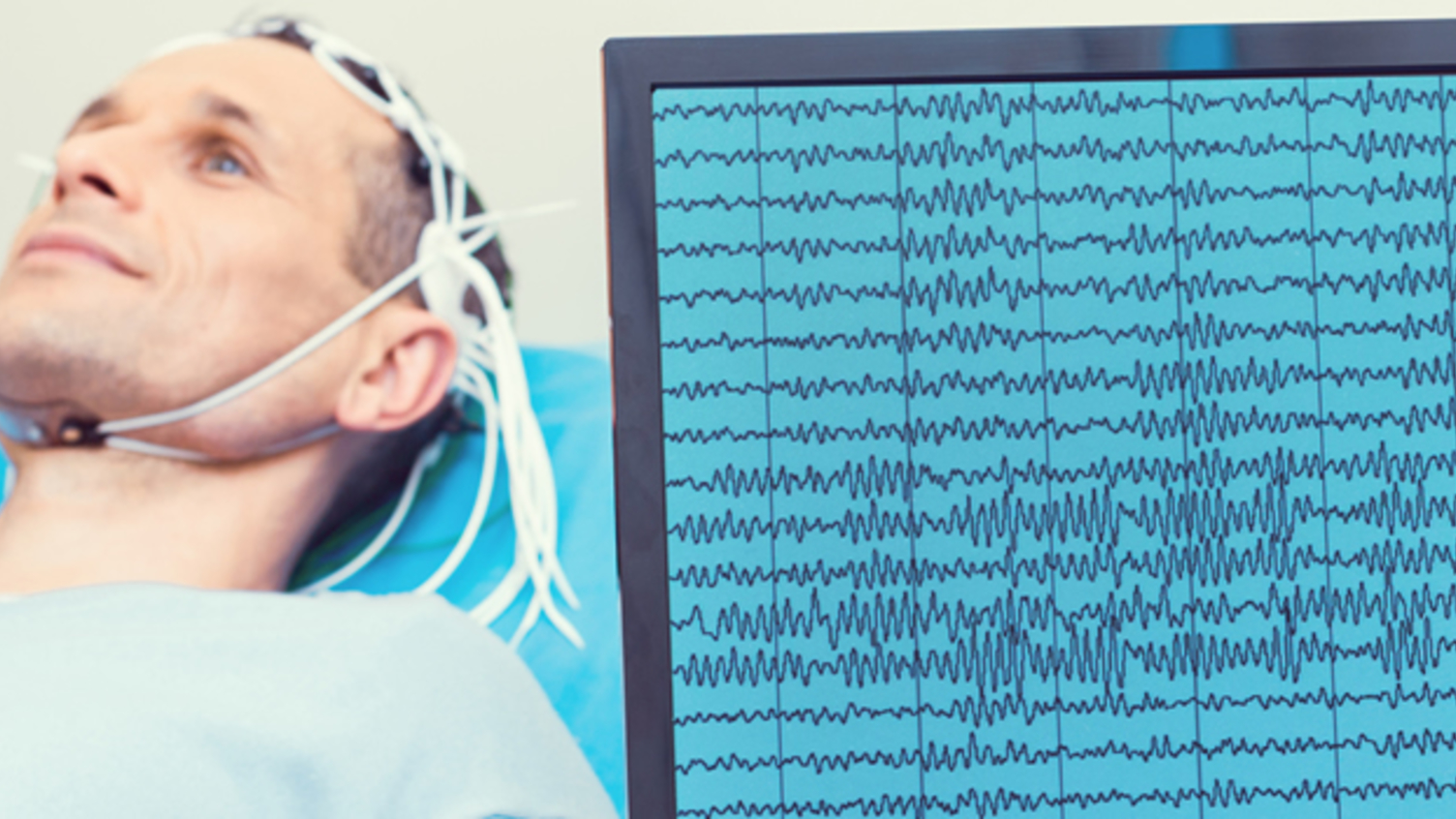Epilepsy (Canada)

About this Priority Setting Partnership
Epilepsy is a brain disorder that affects 1 in 100 people worldwide and is characterized by repeated, unprovoked seizures. Epilepsy can develop at any point during the lifespan, and in most cases the cause is unknown. 1 in 3 people with epilepsy have seizures that cannot be controlled with medication and will require more innovative treatment options.
The Epilepsy Priority Setting Partnership (PSP) aimed to identify unanswered questions that exist related to the cause, diagnosis and treatment of epilepsy and seizures. This PSP was the first such initiative to address epilepsy in Canada, and we hope that the results of this PSP will re-shape the research agenda for epilepsy, giving a stronger voice to the patients, carers and clinicians who live and work with epilepsy every day.
The Epilepsy (Canada) Top 10 was published in September 2021.
See news about this PSP: January 2023, June 2022
Key documents
Epilepsy (Canada) PSP Protocol
Epilepsy (Canada) PSP Final Report (.PDF)
Epilepsy (Canada) PSP Engagement Summary
Epilepsy (Canada) PSP Quantitative Question Verification Form
Epilepsy (Canada) PSP Qualitative Question Verification Form
Epilepsy (Canada) Top 10 research priorities press release September 2021
Top 10 Priorities
- Can genetic markers be used to diagnose and treat epilepsy and seizure disorders?
- What are the impacts of long-term use of anti-seizure drugs, the causes of side-effects of these treatments and how we can prevent the side effects?
- What are the long-term impacts of seizures on a person’s brain, and overall health and development?
- How can the risk of SUDEP (Sudden Unexpected Death in Epilepsy) be reduced in people with epilepsy?
- What is the most effective testing protocol for determining causes of seizures and/or a diagnosis of epilepsy or other seizure disorders and reduce time to diagnosis?
- What are the brain changes, on a cellular level, that lead to seizure development?
- How effective is surgical treatment for adults and children who experience seizures/epilepsy?
- What causes memory problems associated with seizures? Can these memory problems improve over time and what are the best treatment options for memory loss in people who experience seizures?
- Aside from anti-seizure drugs and some brain lesions, what causes behavioural changes in people who experience seizures? What is the best way to treat behavioral issues?
- What is the efficacy (i.e. the effectiveness of reducing seizures) of adding a second antiseizure medication compared to changing to a different antiseizure medication? How can we determine which combination of anti-seizure drugs are effective?
The following questions were also discussed and put in order of priority at the workshop:
- How do seizures impact the mood of people who experience them and what are the best methods to manage mood swings?
- Are cannabis products (e.g. Marijuana, CBD oil) a safe and effective treatment for seizures alone or in combination with standard treatments (e.g. anti-seizure drugs)?
- Is there a relationship between hormonal changes (e.g. puberty, menopause, pregnancy) and seizure onset and/or frequency, and what are the effects of seizures during pregnancy?
- Is it safe to wean a person who has experienced seizures off of anti-seizure drugs and if so, when is the right time to wean off anti-seizure drugs?
- What are the best ways to support people who experience seizures secure and perform in employment (e.g., through accommodations) and what interventions can reduce workplace discrimination?
- What non-drug lifestyle treatments (e.g., cardiovascular exercise, yoga) are effective for controlling seizure frequency with or without standard treatments (e.g., anti-seizure drugs)?
Document downloads
For full details of all of the questions identified by this PSP, please see the documents below.